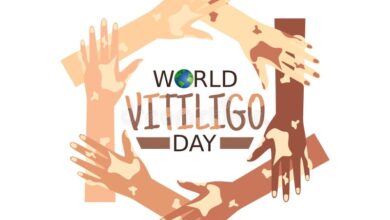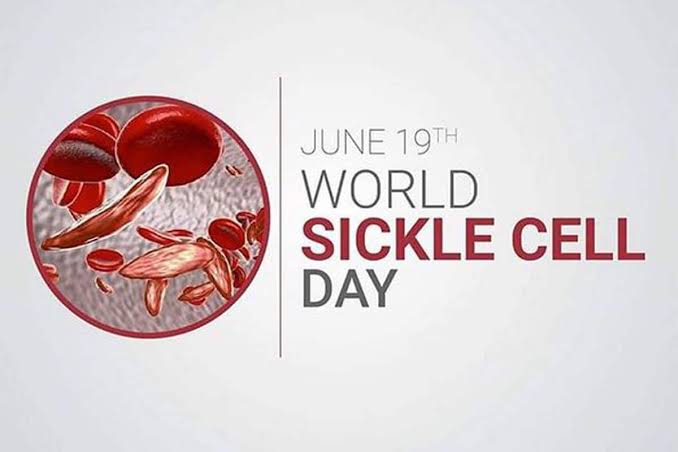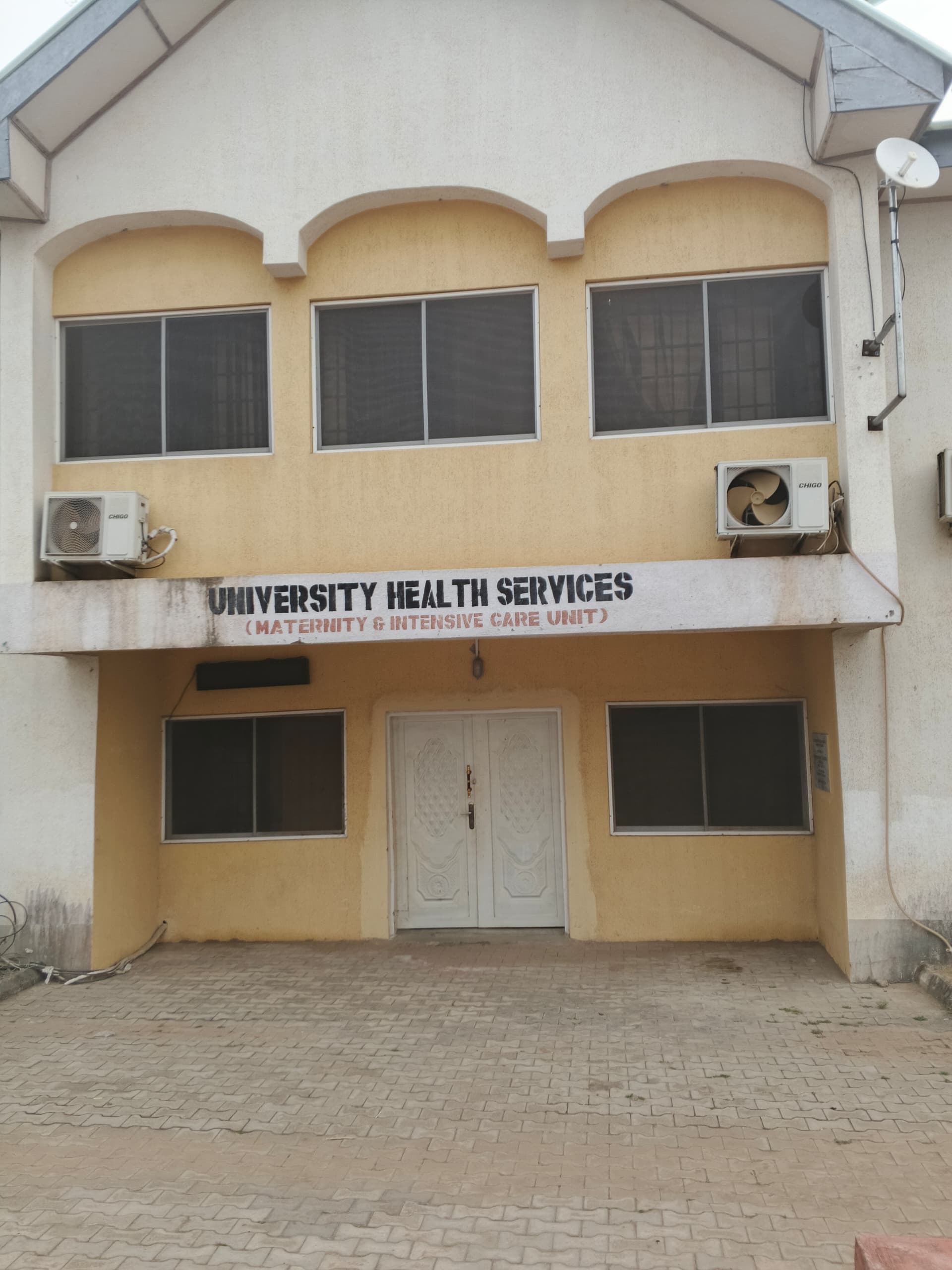What if Nigerians Stopped Drinking Àgbo?

Nigerian healthcare professionals have long preached the gospel of better health-seeking behaviour. “Don’t drink àgbo (herbal mixtures). Avoid traditional birth attendants. Say no to roadside mixtures and yes to modern.” And honestly, they’re right, at least in theory. Traditional beliefs and Western knowledge have been at war in Nigeria since the colonial era. The introduction of evidence-based medicine by Westerners marked a significant shift, eroding faith in traditional medicine. Western medicine’s reliance on research and evidence lends it a reliability that traditional medicine lacks. When traditional medicine was the only obtainable form of medicine, herbalists were not just the spokesmen of the gods—they were also the physicians of the people.
Since herbalists were the intersection between religion and medicine, the conflict also spilt over into traditional religious practices. Over the years, the proportion of people practising the African Traditional Religion has reduced significantly. An example of an overlap between religion and medicine was seen with Ṣọ̀pọ̀ná worshippers. The Westerners did not believe that Ṣọ̀pọ̀ná could cause chicken pox. Instead, they propagated the ‘assumption’ that Ṣọ̀pọ̀ná chief priests were spreading the pox with brooms infected with the disease. Although the conflict persists, Western medicine is usually found to be better, all because of one thing: evidence.
However, beneath this cloud of seemingly superior medicine lies the soft creaks of a perfect storm, one that, when examined, may weaken the pillars on which it rests. What if, by some stroke of miracle, every Nigerian suddenly followed the advice of their medical doctors? What if we all woke up one bright Monday morning, tossed out our bitter roots, walked past the àgbo woman with her steaming pots, and headed straight to the clinic?
Let’s start small, say with stomach aches. Normally, a splash of àgbo, a quick prayer, and maybe a warm bath later would do, and life moves on. Imagine if everyone with stomach pain decided to visit a hospital—the queues at the clinic would snake out the door, wrap around the building, and possibly end somewhere near the next local government.
Then there’s erectile dysfunction, a subject that dances delicately around shame and whispers, a subject so quiet, yet so loud at the same time. Imagine a case where everyone who has erectile dysfunction goes to the clinic instead of just purchasing the gbogbonìṣe mixture from the woman by the roadside. Picture the floodgates opening, and every man with a little performance anxiety heads straight to the doctor. The urology department would need backup from the army.
Then, there’s childbirth. Today, many Nigerian women, especially in rural communities, deliver their babies in the care of traditional birth attendants. They may lack formal medical training, but they’ve got experience, herbs and the trust of generations. What if all those women started showing up in hospitals instead? Picture the maternity wards overflowing, midwives running marathons, and doctors cancelling their annual leave till further notice.
Now, let’s be clear: this is not an endorsement of poor health-seeking behaviour. Nobody’s saying àgbo is better than antibiotics or that a Traditional Birth Attendant (TBA) can or should replace a trained obstetrician. There are real dangers involved—contaminated concoctions, missed diagnoses and complications from unsupervised deliveries. These are serious issues, and they deserve serious attention. However, here’s the uncomfortable truth: these informal, often frowned-upon practices are doing something that no health policy has quite managed yet. Frankly, they’re keeping the system from collapsing under its weight. Our hospitals are underfunded, overpopulated, and stretched thin. If everyone suddenly did the “right thing”, as prescribed by textbooks and X health influencers, the system would break. The long queues we see in places like the UK’s National Health Service (NHS) are a pointer to what our fate here may be in that case.
So, what do we do? We don’t romanticise Agbo or glorify TBAs, but we also do not ignore the role they currently play in keeping the healthcare dam from bursting. The goal, ultimately, should be to build a system so strong, so accessible, and so trusted that even in the case of increased patient awareness, the system would still be able to stand on its feet. Until then, we live in this strange paradox, where those we frown upon rightfully may be the very ones holding the storm at bay.
Yusuf Akinyooye




